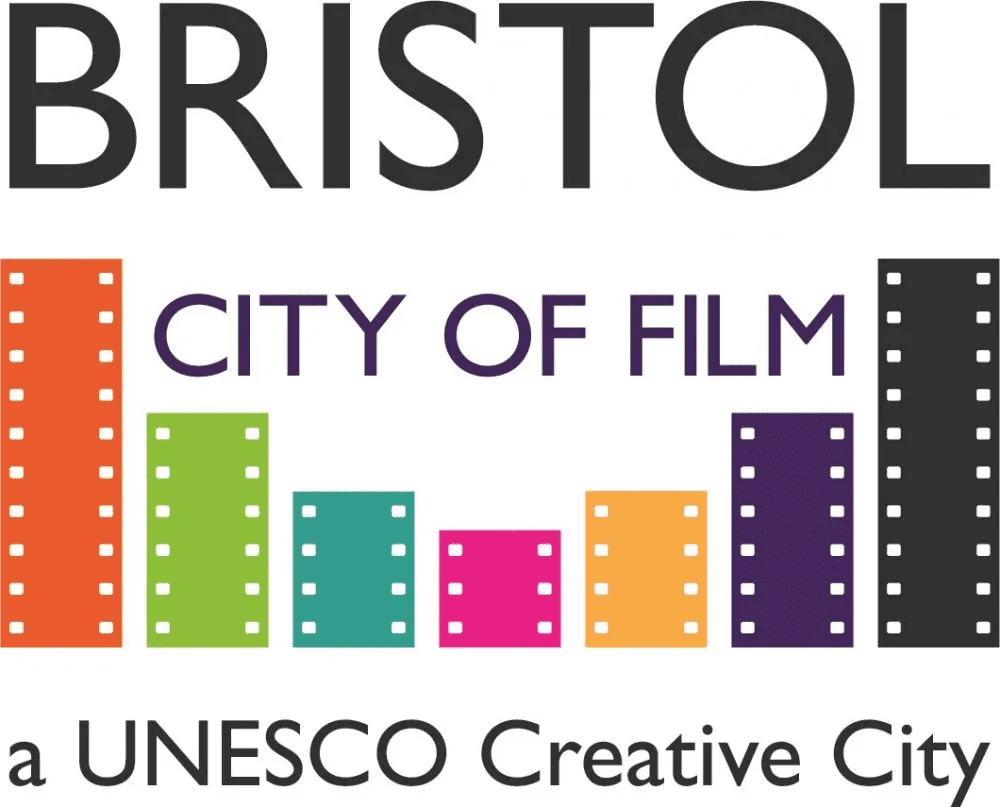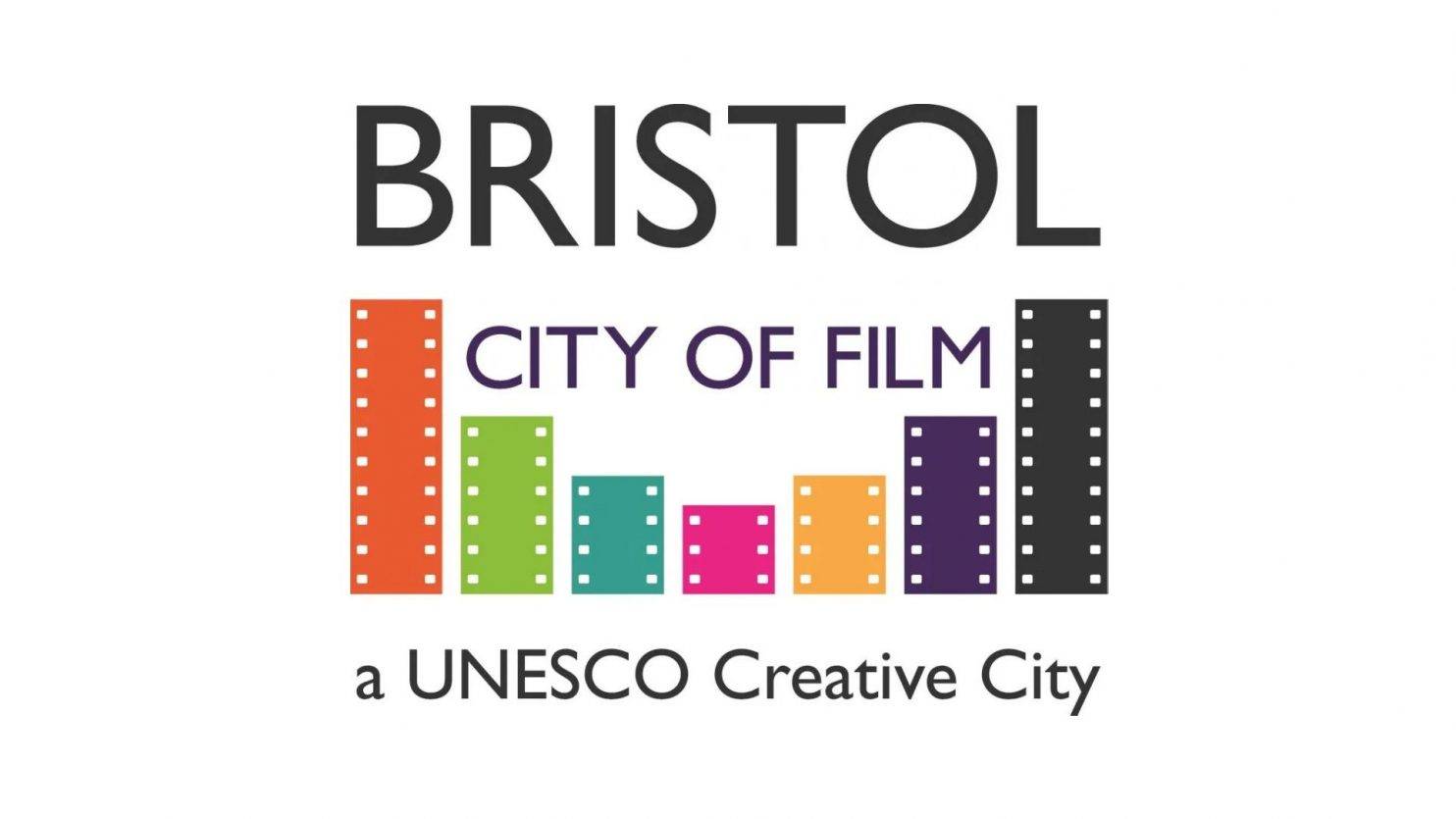
Home to world-leading media, the city has been busy generating high calibre screen content for decades; particularly in the genres of animation, TV drama and natural history programming.
What makes Bristol a City of Film?
Birthplace of motion picture pioneer William Friese-Greene (1855-1921) and Hollywood icon Cary Grant (1904-1986), film and the moving image has long played a central role in Bristol’s cultural and commercial identity. The BBC has been producing internationally renowned radio, drama, factual and wildlife television from its BBC Bristol studios on Whiteladies Road since 1934, whilst cutting edge output from the BBC Natural History Unit (est 1957) has led to the creation of ‘Green Hollywood’, the largest concentration of films production wildlife content in the world.
Academy Award®-winning entertainment studio Aardman Animations (est 1972) has earned a well-deserved global reputation for engaging audiences with compelling stories told through animation. Shorts and feature films produced in their Bristol studio have garnered no less than four Oscars® wins, ten Oscar® nominations and 14 BAFTA awards.
Bristol hosts 11 international film festivals each providing a diverse and dynamic programme of events, drawing local, national and international audiences. Watershed’s Cinema Rediscovered season puts digital restorations, contemporary classics and film print rarities from across the globe on the big screen, whilst Encounters is the UK’s leading short film festival, each year featuring over 200 of the best new short, animated and virtual reality films from around the world and representing an official gateway to the Academy Awards®, BAFTAs and the European Film Awards. Cary Comes Home Festival celebrates the life and Bristol roots of Archibald Leach, aka global icon Cary Grant. Wildscreen, the world’s leading wildlife film festival, takes place biennially, attracting visitors from the world over to celebrate cutting-edge natural history filmmaking.
Audiences have a choice of 11 cinemas, including Watershed, the internationally renowned film culture and digital media centre that links many of Bristol’s festivals, networks and initiatives together; annually welcoming around 450,000 visitors through their doors and engaging with 25,000 young people through a range of programmes. Across the wider region, the BFI Film Audience Network Hub for the South West links together 189 cinemas, festivals, arts organisations and exhibitors.
Two world class universities – UWE Bristol and University of Bristol – offer a total of 28 film-related degrees. Moving Image Research at UWE plays a vital role in exploring the cultural, historical, technological and theoretical dimensions of moving image production, interaction and reception. IMDb was founded in the city in 1990 and has grown to become the world’s most popular and authoritative source for film and TV content. Bristol Old Vic Theatre School (est. 1946) has been the training ground for some of the greatest screen actors of our time, including Sir Daniel Day-Lewis, Naomie Harris, Olivia Colman and Sir Patrick Stewart. A diverse range of film education initiatives are engaging minds of all ages across the city, delivered by organisations like the BFI Film Academy, boomsatsuma, Screenology, Knowle West Media Centre and Calling the Shots.
The combined work of Bristol Film Office, a one stop shop for filming support (est. 2003) and The Bottle Yard Studios, the largest production facility in the West of England (est. 2010), attract a steady stream of film and TV productions into the city generating inward investment worth more than £15 million per year. The sector contributes significantly to Bristol’s economy, with more than 130 production and post production companies contributing more than £140 million in an industry that employs approximately 3,700 people.
Recent feature films include The Guernsey Literary and Potato Peel Pie Society (2018), Stan & Ollie (2019) and Hellboy (2019), whilst the city is also known as a consistently popular home to high end TV drama, such as BBC hits Sherlock and Poldark, Sky Atlantic’s Fortitude, STARZ series The Spanish Princess and its prequel The White Princess. Meanwhile, groundbreaking projects that push the boundaries of what can be achieved on screen are continually explored at Pervasive Media Studio and the Bristol VR Lab.
Networks such as Come the Revolution and Cables & Cameras are actively working to spark discussion about black cinema and raise the profile of Black, Asian and Minority Ethnic filmmaking in the city and beyond. Bristol’s diverse talent and focus on social mobility, coupled with its thriving TV sector, has helped secure its position as home to one of Channel 4’s new creative hubs, home to Drama, Factual and Popular Factual commissioning teams, as well as a Creative Diversity department, supporting on and off-screen diversity.

